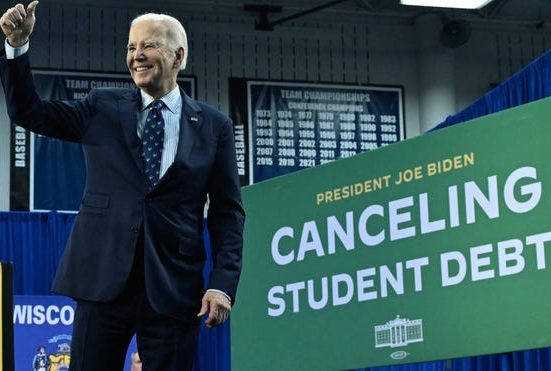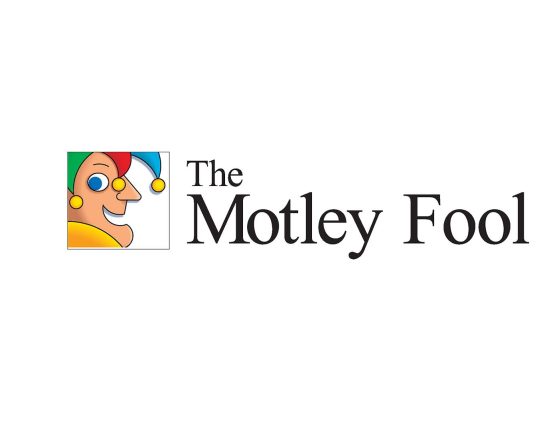By now, problems with workforce shortages are pretty familiar, but here’s a specialized area you might not have thought about: The nation is in the middle of a shortage of accountants that’s only going to get worse.
Right now, the United States is short 340,000 accountants. Although many areas of the public sector workforce have finally gotten back to or surpassed pre-pandemic levels, public finance is one of the fields still having trouble matching supply and demand. In fact, there are fewer public finance workers on the job now than there were back in 2019. Departments are struggling to recruit and retain the next generation of workers, leading to lags in reporting, big backlogs for processing local taxes and licenses and a lack of auditors.
The workers who are still around are getting older. According to a report from the Government Finance Officers Association and the analytics firm Lightcast, nearly a third of the current public finance workforce is approaching retirement age. Within the next 10 years, they’ll be ready to hang up their calculators and close their Excel sheets for good, with the report noting that “New England is particularly vulnerable to retirements.”
“There are large numbers of retirements in public finance happening now, and more on the horizon,” says Kyle Wedberg, senior manager at GFOA’s research and consulting center. “So there is a real need to focus on succession planning and leadership development.”

Planning for the Future
Succession planning in public finance could look like training younger or newer employees to take up a specific role within a department and shadow a more senior colleague who is approaching retirement age. Combined with preparing middle-career workers to take over leadership roles in their departments, this could lead to a more sustainable workforce pipeline.
Right now, however, recruiting is another major issue in the public finance workforce shortage. It’s always been difficult to find new or early-career accountants who want to enter the public sector, but the challenge seems to have increased. “Budget cuts in government at all levels — city, county, state — have left investment gaps in people and positions,” Wedberg says. “One of these investment gaps is in finance personnel. There’s more being asked of fewer individuals.”
Barriers to the profession stop many college students from entering. In particular, the 150 credit hours (or five years of study) required for accounting licenses doesn’t have the same appeal as entering a four-year finance track and making money sooner. In 2023, researchers at MIT found that the long licensure requirements cause “a 26 percent drop in minority entrants,” effectively robbing the profession of a greater workforce pool.
Pay differences also serve as a roadblock. Public sector positions such as tax examiners and license clerks often pay below $50,000 — less than starting salaries for accountants in the private sector.
But there are potential solutions, including lowering the 150 credit-hour requirement and offering financial aid to students from minority groups. Ideas that could be effective more broadly in government work, such as accelerating the hiring process and bringing in workers with skills who have not yet completed their degrees, would work in the finance arena.
Wedberg says that governments offer a fantastic place to start a career. It’s all a matter of making sure that potential employees understand what public finance has to offer them.
“Telling the story is essential, he says. “Candidates need to be told that a career in local government finance is a way to make a difference in people’s lives.”








